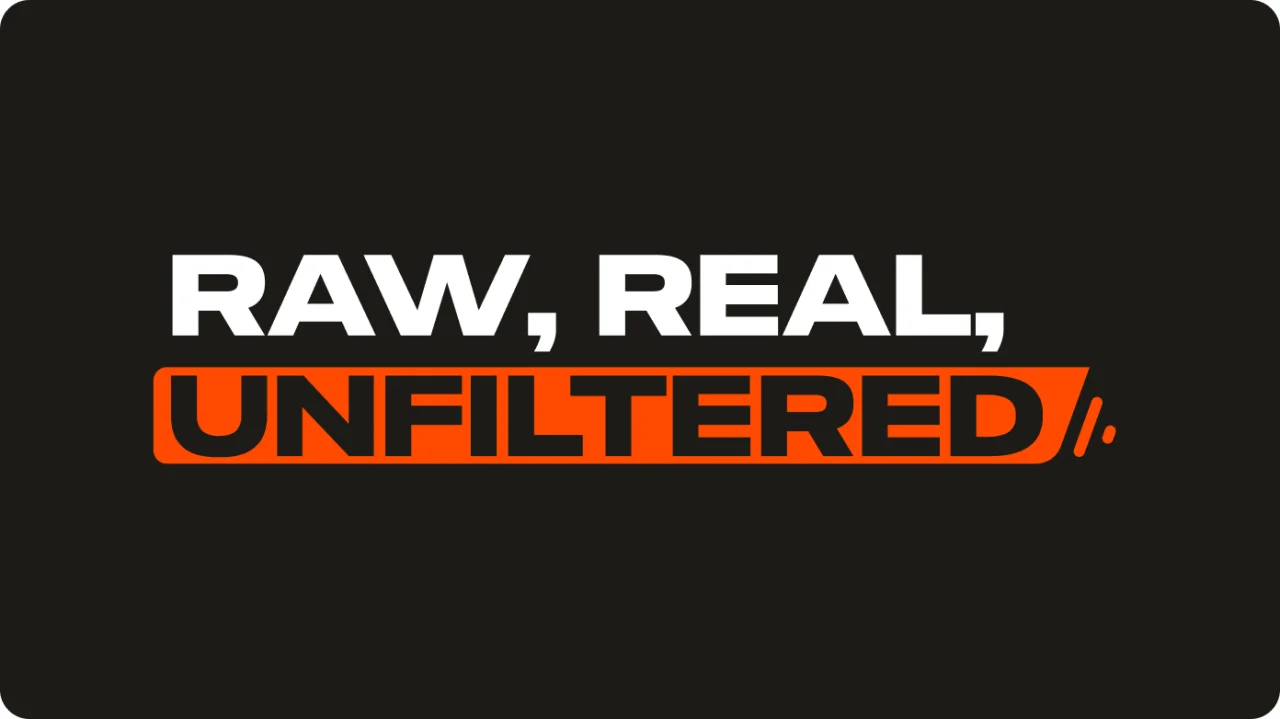Key Considerations for Changing Your Business Structure
Deciding when and how to change entities is crucial as your business grows. If your company is becoming more complex and facing higher risks, moving from a sole proprietorship to a limited liability company (LLC) or from an LLC to a corporation can provide the liability protection, tax flexibility, and credibility you need.
Understanding differences in entity types can help you select the best one for your business goals.
Sole Proprietorship vs. LLC: What’s the Difference?
A sole proprietorship and LLC each offer distinct advantages and limitations regarding liability, taxation, and management.
Sole proprietorship: Simple and risky
A sole proprietorship is the simplest business structure, with few formalities and a direct flow of profits to the owner. Many businesses start with this structure because it’s cost-effective and straightforward. However, it offers no personal liability protection.
As your business grows, you may experience a variety of complex risks, including:
Legal issues—lawsuits, employee claims, contract disputes
Financial strain—higher expenses, debt, tax complexity
Compliance violations—regulatory fines, legal obligations
Reputational damage—public mistakes, negative reviews
Cybersecurity threats—data breaches, hacking risks
HR challenges—team management, turnover, policy issues
Increased risks without liability protection can jeopardize your personal assets. For this reason, many businesses outgrow the simple sole proprietorship and seek the legal protection of an LLC.
LLC: Protection and flexibility
An LLC offers limited liability protection and flexibility. It’s a separate legal entity distinct from its owner(s) regarding legal rights and responsibilities. It can enter into contracts, own property, sue, and be sued in its own name. The owners are generally not personally liable for business debts and obligations. Creditors or claims against the business can’t reach your personal property like your home, vehicles, or savings.
LLCs also provide flexibility for taxation, management, and ownership. While LLCs can be more expensive to set up than sole proprietorships, they offer far greater protection as your business grows.
When do you need an LLC? Signs it’s time to make the switch include:
Increased risk. If your business is entering contracts, hiring employees, or acquiring assets, the liability protection of an LLC is crucial.
Tax advantages. LLCs can offer taxation flexibility, potentially saving you money.
Credibility. An LLC can add professionalism to your business, which is appealing to customers, partners, and investors.
If your business is starting to grow rapidly or take on more risk, transitioning to an LLC could be beneficial.





